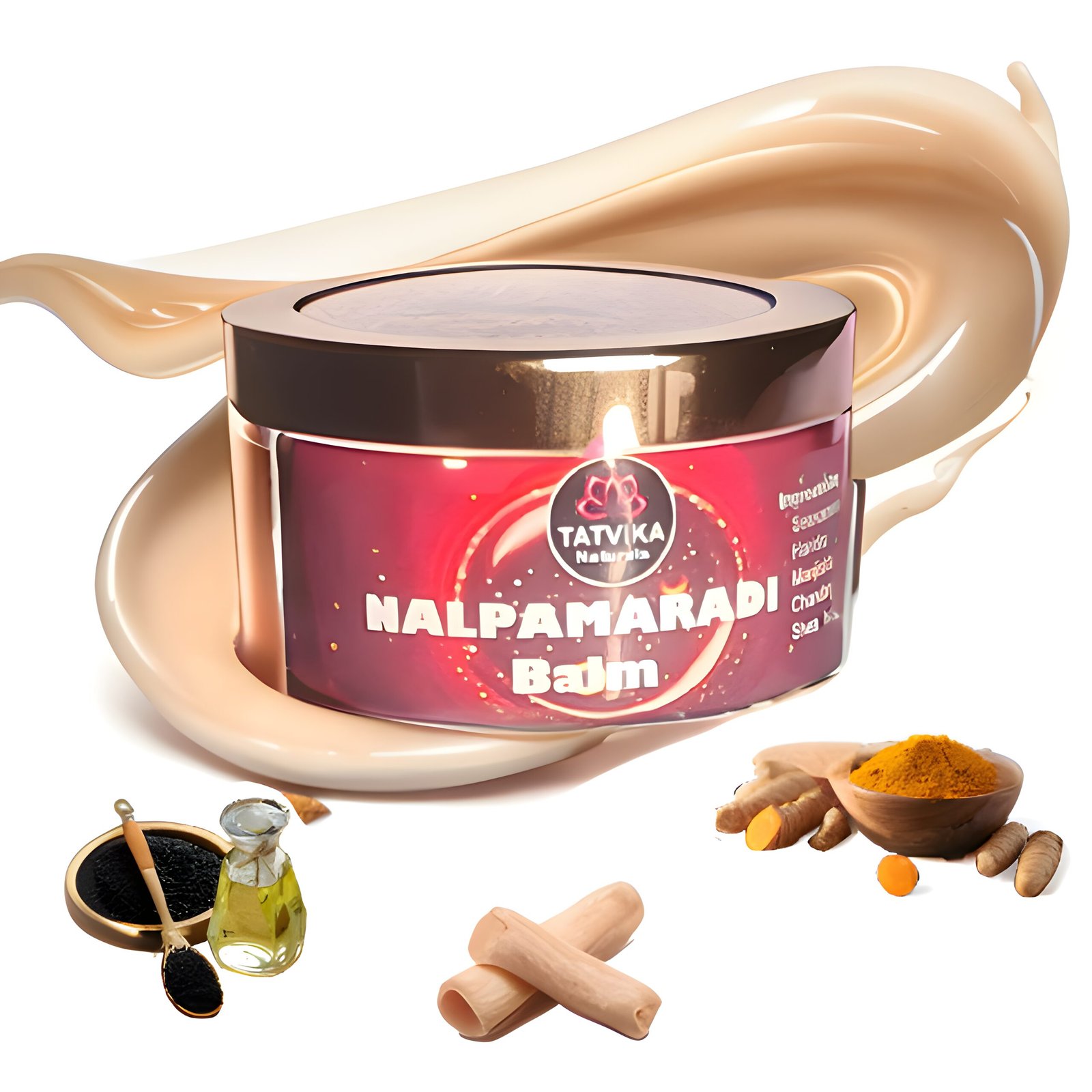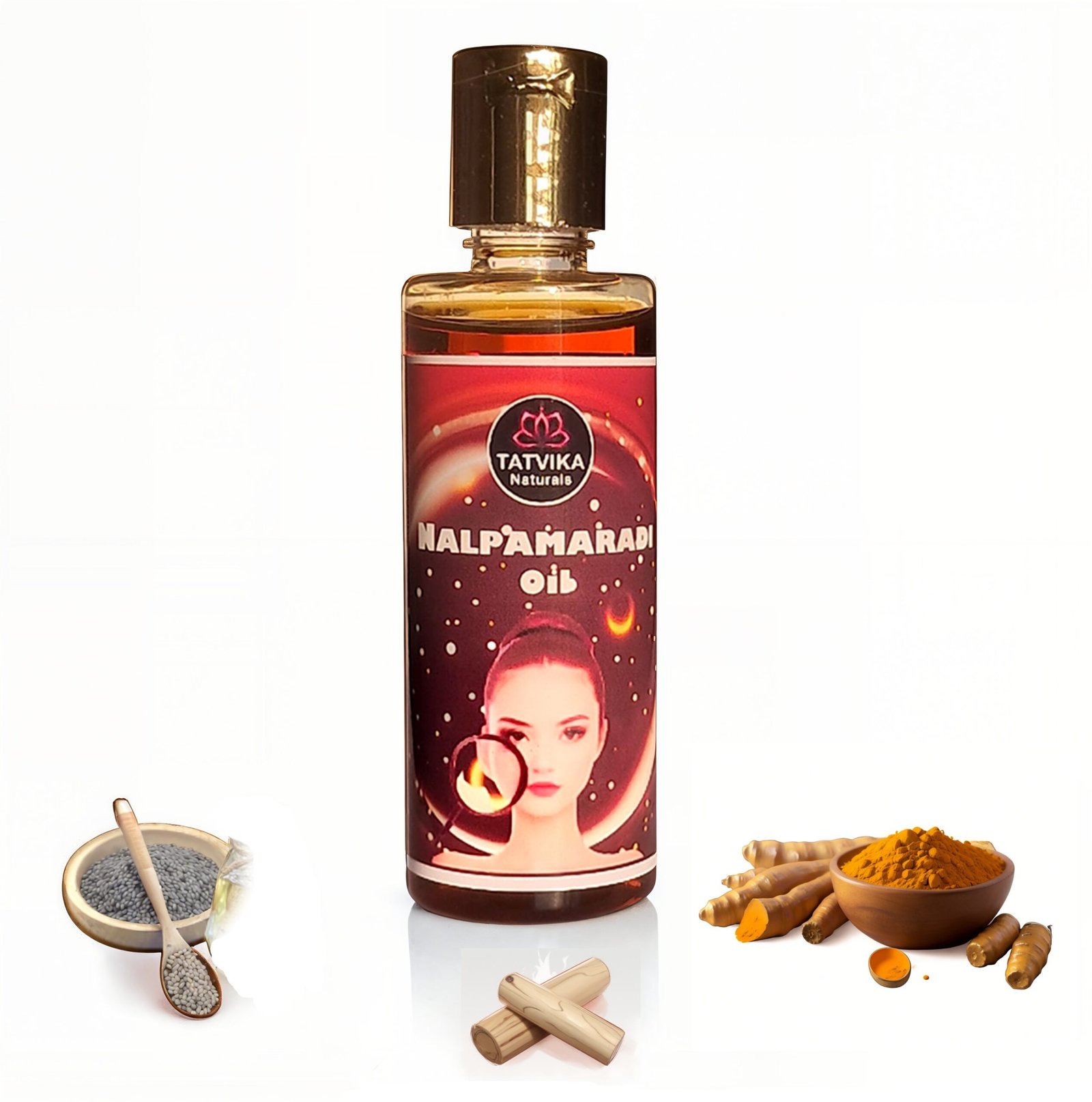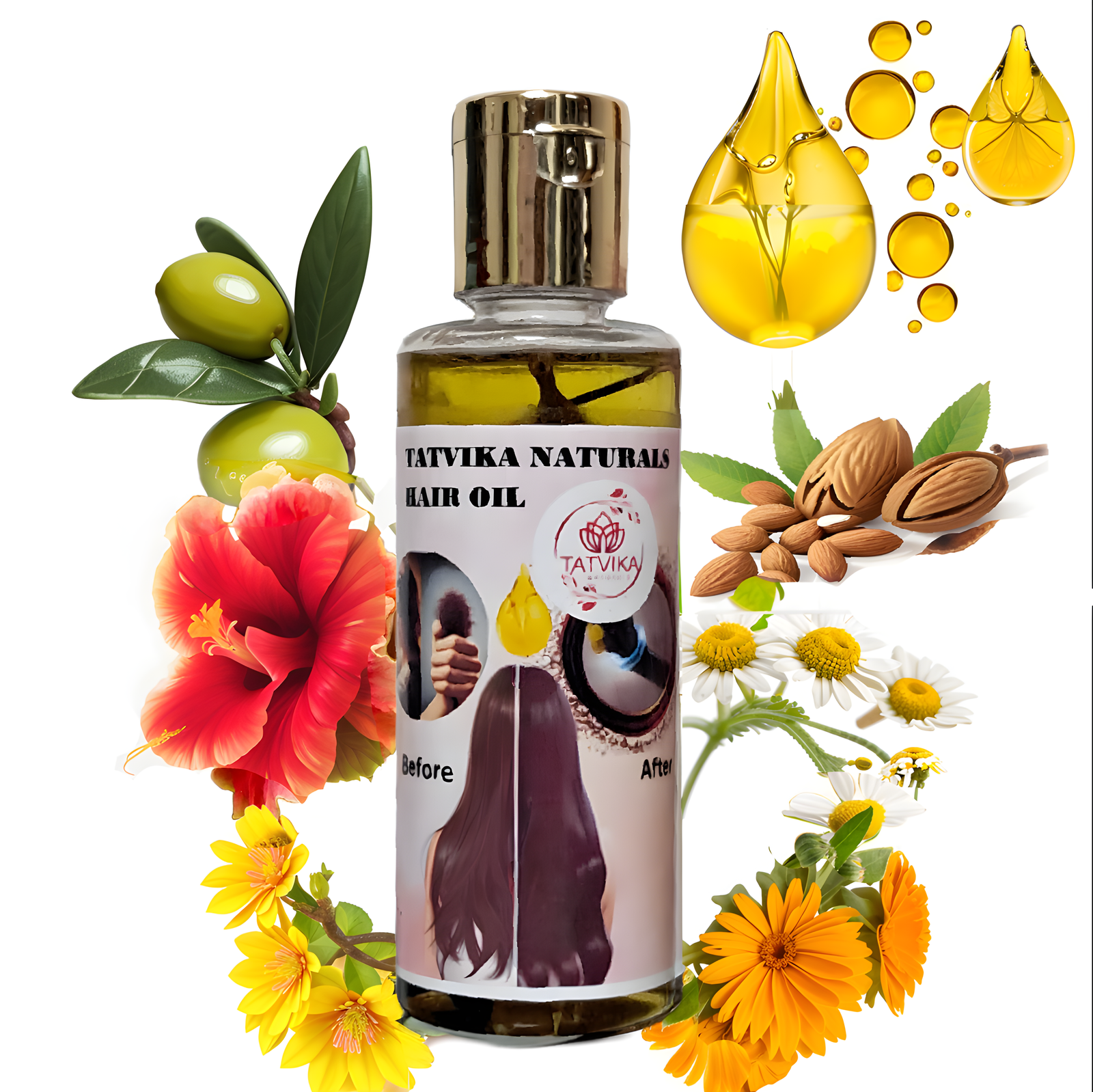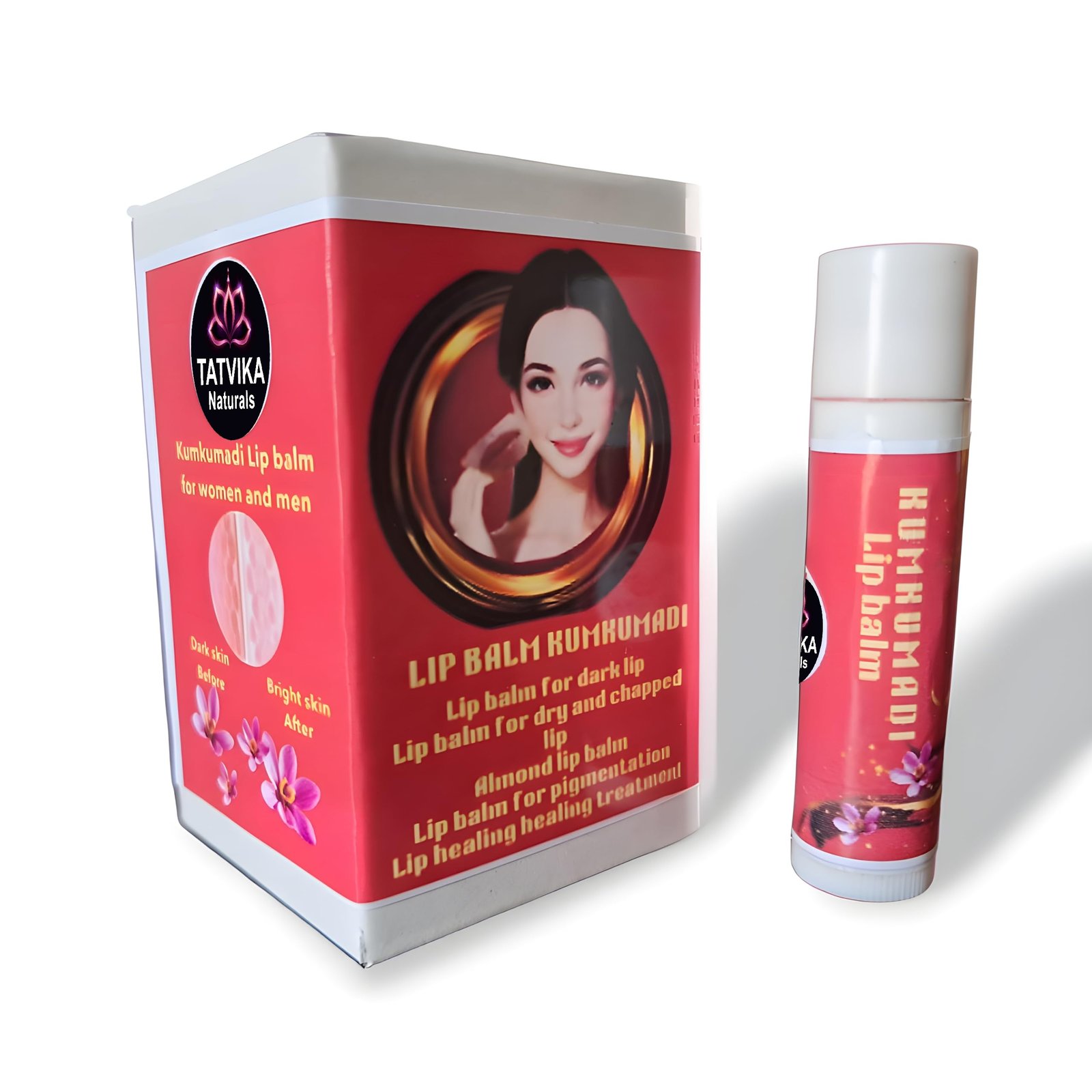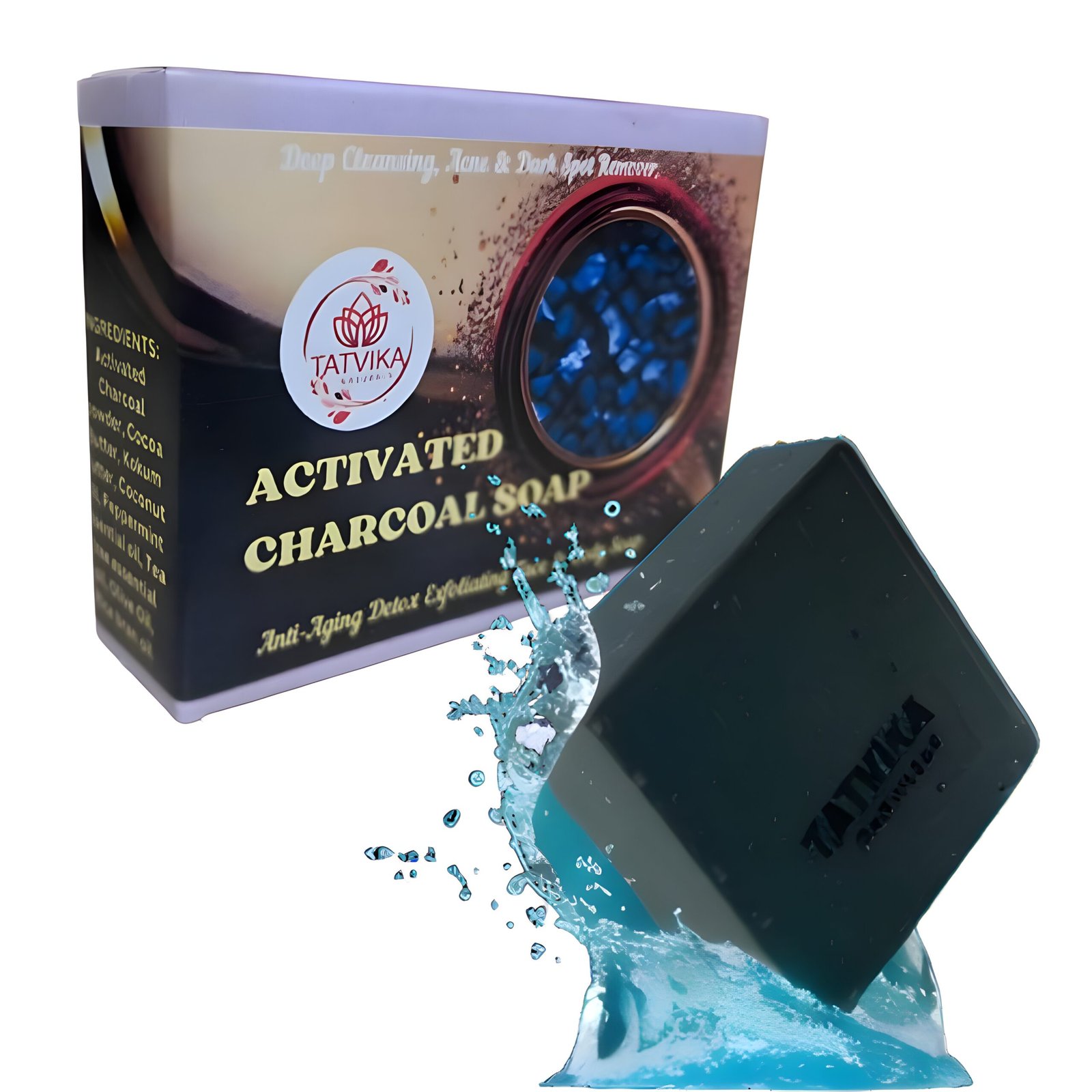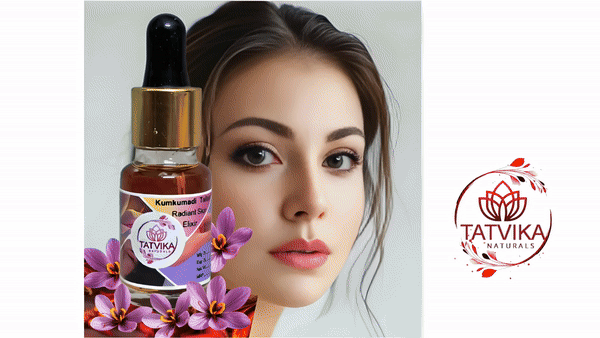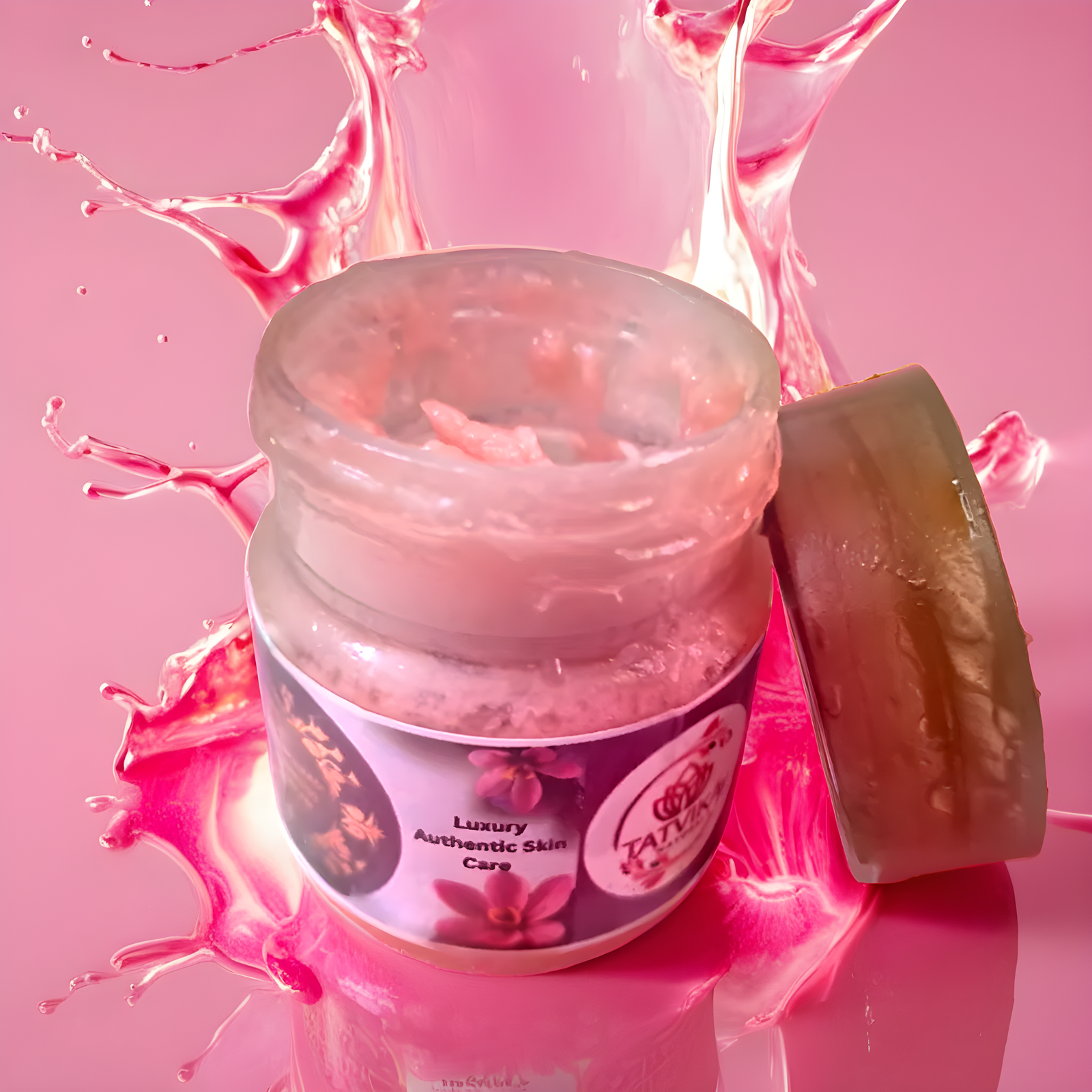Organic Soap being Ultimate Skin and Greener you
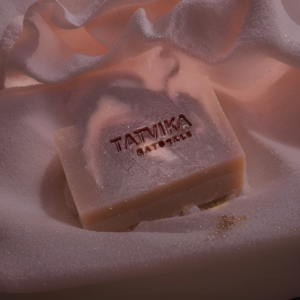
1: What is Organic Soap and How is it Different from Conventional Soap?
Definition of Organic Soap
To understand what makes a soap “organic,” it’s essential to delve into the standards and characteristics that define it. Organic soap is made from natural ingredients that are grown without the use of synthetic fertilizers, pesticides, or genetically modified organisms (GMOs). Here are some key characteristics:
- Natural Ingredients: Organic soaps are formulated with plant-based oils and butters, essential oils, and other natural additives. These ingredients are rich in vitamins, nutrients, and antioxidants that are beneficial for skin health.
- Sustainable Sourcing: The ingredients used in organic soaps must be sourced sustainably. This means that the farming practices involved in growing these ingredients adhere to strict environmental standards.
- No Harsh Chemicals: Organic soaps do not contain harsh chemicals such as sodium lauryl sulfate (SLS), parabens, artificial fragrances, or dyes. These chemicals can strip the skin of its natural oils and cause irritation.
Standards for Organic Soap
- At least 95% of the ingredients must be organic.
- The production process must adhere to strict guidelines that ensure no contamination with non-organic substances.
- At least 10% of the total plant-based ingredients must be organic.
- No use of GMOs, synthetic fragrances, or dyes.
Comparison with Conventional Soap
When comparing organic soap to conventional soap, several differences become apparent in terms of ingredients, production processes.
Ingredients
Conventional soaps often contain a plethora of synthetic ingredients designed to enhance lather, shelf life, and fragrance. Here are some common differences in ingredient lists:
- Synthetic Cleansers: Conventional soaps may contain SLS or sodium laureth sulfate (SLES), which create a rich lather but can also strip the skin of its natural oils.
- Preservatives: Parabens are commonly used in conventional soaps to extend shelf life but have been linked to health concerns such as hormonal imbalances.
- Artificial Fragrances: Conventional soaps often use synthetic fragrances that can cause skin irritation and allergic reactions.
- Natural Ingredients: In contrast, organic soaps rely on natural cleansers like coconut oil, olive oil, and essential oils for fragrance.
Production Processes
The production processes for organic and conventional soaps differ significantly:
- Cold Process vs. Hot Process: Organic soaps are often made using the cold process method, which involves mixing oils with lye (sodium hydroxide) at room temperature. This method preserves the natural properties of the ingredients. Conventional soaps may use the hot process method or other industrial processes that involve higher temperatures and more machinery.
- Small-Batch vs. Mass Production: Organic soaps are typically produced in small batches to ensure quality control and customization. Conventional soaps are mass-produced using automated machinery.
Benefits of Choosing Organic
Opting for organic soap over traditional options offers several benefits that can impact both your health and the environment.
Health Benefits
- Gentle on Skin: Organic soaps are formulated with natural ingredients that cleanse without stripping the skin of its natural oils. This makes them ideal for sensitive skin or conditions like eczema.
- Reduced Risk of Irritation: Without harsh chemicals like SLS or parabens, organic soaps reduce the risk of skin irritation and allergic reactions.
- Nourishing Properties: Ingredients like coconut oil, shea butter, and essential oils provide moisturizing and nourishing properties that promote healthy skin.
Environmental Benefits
- Sustainable Farming Practices: The ingredients used in organic soaps are grown using sustainable farming practices that reduce environmental impact compared to conventional farming methods.
- Biodegradable: Organic soaps are biodegradable, meaning they break down easily.
2: The Health Benefits of Using Organic Soap
Skin Health: Nourishing and Protecting the Skin
Organic soaps are renowned for their ability to nourish and protect the skin without stripping it of its natural oils. This is largely due to the use of natural ingredients that are rich in moisturizing properties.
Moisturizing Properties of Natural Ingredients
- Glycerin: Glycerin is a natural humectant that attracts and retains moisture in the skin. It is often included in organic soaps to help maintain the skin’s natural moisture barrier, leaving it feeling soft and hydrated.
- Aloe Vera: Aloe vera is known for its soothing and calming effects on the skin. It contains vitamins A, C, and E, as well as minerals like calcium and potassium. Aloe vera helps to hydrate the skin while reducing inflammation and promoting healing.
- Coconut Oil: Coconut oil is a rich source of fatty acids, particularly lauric acid, which has antimicrobial properties. It deeply moisturizes the skin, making it an excellent ingredient for dry or damaged skin.
- Olive Oil: Olive oil is high in antioxidants and fatty acids that help to protect the skin from damage caused by free radicals. It also provides intense hydration, making it ideal for dry or mature skin.
Benefits for Normal Skin
For individuals with normal skin, organic soaps offer a gentle cleansing experience that maintains the skin’s natural balance. The natural ingredients work synergistically to clean the skin without disrupting its pH balance or stripping away essential oils.
Sensitive Skin and Allergies: A Safe Alternative
Individuals with sensitive skin or allergies often find conventional soaps too harsh, leading to irritation and discomfort. Organic soaps, however, can be a safe and beneficial alternative.
Specific Benefits for Sensitive Skin
- Hypoallergenic Ingredients: Organic soaps are formulated with hypoallergenic ingredients that are less likely to cause allergic reactions. For example, essential oils like lavender and chamomile are known for their calming effects.
- No Harsh Chemicals: The absence of harsh chemicals such as SLS, parabens, and artificial fragrances reduces the risk of skin irritation significantly.
- Soothing Properties: Ingredients like aloe vera and oatmeal are commonly used in organic soaps for their soothing properties, which can help alleviate redness and irritation.
Benefits for Conditions Like Eczema or Psoriasis
For individuals suffering from conditions like eczema or psoriasis, organic soaps can provide significant relief:
- Eczema: Organic soaps rich in moisturizing ingredients like coconut oil and shea butter can help soothe eczema-prone skin. Essential oils such as tea tree oil have anti-inflammatory properties that can reduce flare-ups.
- Psoriasis: The gentle cleansing action of organic soaps combined with ingredients like olive oil and aloe vera can help manage psoriasis symptoms by reducing inflammation and promoting healing.
Natural Antibacterial Properties: The Role of Essential Oils
One of the standout benefits of organic soaps is their natural antibacterial properties, primarily due to the inclusion of certain essential oils.
Essential Oils with Antibacterial Properties
- Tea Tree Oil: Tea tree oil is one of the most widely recognized essential oils for its antibacterial properties. It is effective against acne-causing bacteria and other microorganisms that can lead to skin infections.
- Lemon Oil: Lemon essential oil has natural antiseptic properties that help cleanse the skin without drying it out. It also has a refreshing scent that invigorates the senses.
- Eucalyptus Oil: Eucalyptus oil is known for its decongestant properties but also has antibacterial effects that make it useful in preventing skin infections.
How These Oils Work
These essential oils work by targeting bacterial cells directly. For instance:
- Tea Tree Oil disrupts bacterial cell membranes, ultimately leading to their death.
- Lemon Oil contains compounds like limonene that have been shown to inhibit bacterial growth.
- Eucalyptus Oil contains eucalyptol, which has antimicrobial properties that help combat various types of bacteria.
Conclusion
In conclusion, organic soaps offer a myriad of health benefits that make them an excellent choice for anyone looking to maintain healthy, nourished skin. From their moisturizing properties to their natural antibacterial effects, these soaps provide a gentle yet effective cleansing experience.
By opting for organic soap, you not only protect your skin from harsh chemicals but also contribute to sustainable farming practices and environmental conservation. Whether you have normal skin or are dealing with sensitive skin conditions like eczema or psoriasis, there is an organic soap formulation that can cater to your needs.
Remember, the key to healthy skin lies in using products that work in harmony with nature rather
3: Environmental Impact of Organic Soap
The environmental impact of personal care products, including soaps, is a growing concern for many consumers. Organic soaps, in particular, offer several advantages over conventional soaps when it comes to sustainability and environmental friendliness. Here’s a detailed look at the sustainable farming practices, biodegradability, and eco-friendly packaging associated with organic soaps.
Sustainable Farming Practices
Organic farming is a cornerstone of the production process for organic soaps. These practices significantly reduce the environmental impact compared to conventional farming methods.
Description of Sustainable Farming Practices
- No Synthetic Fertilizers or Pesticides: Organic farming avoids the use of synthetic fertilizers and pesticides, which can pollute soil, water, and air. Instead, organic farmers rely on natural methods to control pests and enhance soil fertility.
- Crop Rotation and Composting: Organic farmers often use crop rotation and composting to maintain soil health. This approach improves soil structure, increases biodiversity, and reduces the need for external inputs.
- Conservation of Water: Organic farming tends to use more efficient irrigation systems and conservation techniques, reducing water waste and preserving this valuable resource.
- Biodiversity: Organic farms typically promote biodiversity by planting a variety of crops and maintaining ecological balance. This helps in preserving natural habitats and supporting local ecosystems.
Environmental Benefits
The environmental benefits of these sustainable farming practices are multifaceted:
- Soil Health: Organic farming methods help maintain soil health by avoiding the use of chemicals that can degrade soil quality over time.
- Water Quality: By not using synthetic fertilizers and pesticides, organic farming reduces the risk of water pollution. This ensures that groundwater and surface water remain clean and safe for wildlife.
- Air Quality: The absence of chemical sprays in organic farming reduces air pollution, contributing to cleaner air quality.
- Biodiversity Conservation: Organic farms act as havens for biodiversity, supporting local ecosystems and preserving natural habitats.
Biodegradability
One of the significant advantages of organic soaps is their biodegradability. This aspect is crucial when considering the impact on water cycles and wildlife.
Biodegradation Process
Organic soaps are made from natural ingredients that break down easily in the environment. Here’s how this process works:
- Natural Ingredients: Organic soaps are formulated with plant-based oils, butters, and essential oils. These ingredients are inherently biodegradable because they are derived from natural sources.
- Breakdown in Water Systems: When organic soap enters water systems, it breaks down into its constituent parts. For example, coconut oil and olive oil decompose into carbon dioxide, water, and biomass that can be consumed by aquatic organisms.
- No Harm to Aquatic Life: Unlike conventional soaps that may contain harsh chemicals like SLS or parabens, organic soaps do not harm aquatic life. The biodegradable nature of these soaps ensures they do not accumulate in water bodies or cause toxicity to fish or other aquatic organisms.
Impact on Water Cycles
The biodegradability of organic soaps has a positive impact on water cycles:
- No Chemical Residue: Since organic soaps break down completely, they leave no chemical residue in water bodies. This contrasts with conventional soaps that can leave behind harmful residues.
- Maintaining Water Quality: The biodegradable nature of organic soaps helps maintain water quality by preventing the accumulation of synthetic chemicals.
- Supporting Aquatic Ecosystems: By not introducing harmful substances into water systems, organic soaps support the health and biodiversity of aquatic ecosystems.
Eco-Friendly Packaging
In addition to sustainable farming practices and biodegradability, many organic soap manufacturers also focus on eco-friendly packaging options.
Examples of Eco-Friendly Packaging Materials
- Recycled Paper: Many organic soap brands use recycled paper for their packaging. This reduces waste and minimizes the demand on virgin paper resources.
- Biodegradable Wrappers: Some manufacturers opt for biodegradable wrappers made from plant-based materials like cornstarch or sugarcane. These wrappers decompose naturally without harming the environment.
- Glass Containers: Glass containers are another popular choice for eco-friendly packaging. Glass is recyclable, reusable, and non-toxic, making it an excellent option for packaging organic soaps.
- Minimal Packaging: Some brands adopt a minimal packaging approach by using simple, unadorned labels or even going label-free. This reduces waste and minimizes environmental impact.
Benefits of Eco-Friendly Packaging
Eco-friendly packaging offers several benefits:
- Reduced Waste: Using recycled or biodegradable materials reduces waste significantly. This helps in minimizing landfill contributions and conserving natural resources.
- Lower Carbon Footprint: Eco-friendly packaging often involves simpler production processes that require less energy. This lowers the carbon footprint associated with packaging production.
4: Ingredients Used in Organic Soap
Organic soaps are renowned for their use of natural and beneficial ingredients, which set them apart from conventional soaps. These ingredients not only provide a gentle and effective cleansing experience but also offer various health and skincare benefits. Here, we will delve into the different types of essential oils, plant-based oils and butters, and natural additives that are commonly used in organic soap making.
Essential Oils: Aromatic and Therapeutic Benefits
Essential oils are a crucial component of organic soaps, adding not just fragrance but also therapeutic benefits. Here are some of the most commonly used essential oils in organic soap making:
Lavender Oil
- Calming and Soothing: Lavender oil is known for its calming and soothing properties. It can help reduce stress and promote relaxation, making it an excellent choice for evening use.
- Skin Benefits: Lavender oil has anti-inflammatory and antiseptic properties, which can help soothe irritated skin and reduce redness.
- Fragrance: The gentle, floral scent of lavender oil makes it a popular choice for those who prefer milder fragrances.
Lemon Oil
- Invigorating and Refreshing: Lemon oil has an invigorating and refreshing scent that can help uplift and energize the senses.
- Antibacterial Properties: Lemon oil contains limonene, which has antibacterial properties that can help combat acne-causing bacteria.
- Skin Brightening: Lemon oil is also known for its skin-brightening effects, helping to reduce the appearance of dark spots and hyperpigmentation.
Eucalyptus Oil
- Decongestant Properties: Eucalyptus oil is famous for its decongestant properties, making it a popular choice for relieving respiratory issues. However, it also has significant benefits for the skin.
- Cooling Sensation: Eucalyptus oil provides a cooling sensation on the skin, which can be particularly soothing for irritated or inflamed skin.
- Antimicrobial Effects: Eucalyptus oil has antimicrobial effects that help protect the skin from infections.
Other Essential Oils
Other essential oils commonly used in organic soaps include:
- Tea Tree Oil: Known for its strong antibacterial and antifungal properties, tea tree oil is excellent for acne-prone skin.
- Peppermint Oil: Peppermint oil provides a refreshing and cooling sensation, making it ideal for morning use to invigorate the senses.
- Geranium Oil: Geranium oil has balancing effects on the skin and can help regulate hormonal imbalances.
Plant-Based Oils and Butters: The Foundation of Organic Soaps
Plant-based oils and butters form the foundation of organic soaps, providing moisturizing and nourishing properties that are essential for healthy skin.
Coconut Oil
- Moisturizing Properties: Coconut oil is rich in fatty acids, particularly lauric acid, which has antimicrobial properties. It deeply moisturizes the skin while providing a protective barrier against environmental stressors.
- Lather and Cleansing: Coconut oil creates a rich lather and is an effective cleanser, making it a popular choice for soap makers.
- Stability: Coconut oil adds stability to the soap, helping it last longer and maintain its texture.
Olive Oil
- Antioxidant Properties: Olive oil is high in antioxidants, which help protect the skin from damage caused by free radicals. This makes it an excellent ingredient for anti-aging benefits.
- Moisturizing Effects: Olive oil is rich in fatty acids that provide intense hydration to the skin, making it ideal for dry or mature skin.
- Gentle Cleansing: Olive oil offers gentle cleansing without stripping the skin of its natural oils.
Shea Butter
- Hydrating Properties: Shea butter is renowned for its hydrating properties. It deeply moisturizes the skin, leaving it feeling soft and supple.
- Protective Barrier: Shea butter creates a protective barrier on the skin’s surface, shielding it from environmental stressors and dryness.
- Anti-Inflammatory Effects: Shea butter has anti-inflammatory effects that can help soothe irritated skin.
Cocoa Butter
- Moisturizing Benefits: Cocoa butter is rich in fatty acids that provide long-lasting moisturization to the skin. It helps lock in moisture, leaving the skin feeling smooth and hydrated.
- Antioxidant Properties: Cocoa butter contains antioxidants that help protect the skin from oxidative stress and promote overall skin health.
- Skin Elasticity: Cocoa butter can improve skin elasticity, reducing the appearance of fine lines and wrinkles.
Natural Additives: Enhancing the Benefits of Organic Soaps
In addition to essential oils and plant-based oils and butters, organic soaps often include other natural additives that enhance their benefits.
5: The Production Process of Organic Soap
The production process of organic soap is a meticulous and careful endeavor that ensures the final product is not only effective but also safe and sustainable. Here, we will delve into the traditional cold process method, the hot process method, and the advantages of small-batch production.
Cold Process Soap Making: A Traditional Method
Cold process soap making is one of the most traditional and widely used methods for producing organic soaps. This method involves mixing oils with lye (sodium hydroxide) at room temperature, allowing for a chemical reaction known as saponification to occur.
Step-by-Step Guide to Cold Process Soap Making
- Preparation of Ingredients:
- Measure and prepare the oils (e.g., coconut oil, olive oil) and butters (e.g., shea butter, cocoa butter).
- Measure the lye (sodium hydroxide) carefully, as it is highly caustic.
- Prepare any additional ingredients such as essential oils, clays, or salts.
- Mixing the Lye Solution:
- Slowly add the lye to distilled water in a well-ventilated area while wearing protective gear.
- Stir until the lye is fully dissolved.
- Mixing the Oil Blend:
- Combine the measured oils and butters in a separate container.
- Heat the mixture gently if necessary to ensure all ingredients are fully incorporated.
- Blending the Lye Solution with the Oil Blend:
- Once both mixtures have reached a similar temperature (usually around 100°F to 120°F), slowly pour the lye solution into the oil blend.
- Use an immersion blender to mix until you reach trace—a consistency similar to thin pudding.
- Adding Additional Ingredients:
- Add essential oils, clays, salts, or other natural additives and mix well.
- Pouring into Molds:
- Pour the soap mixture into molds and create textures or designs if desired.
- Curing:
- Allow the soap to set in the molds for 24 to 48 hours before removing it.
- Cut the soap into bars and place them on a rack to cure for several weeks (typically 4-6 weeks).
Benefits of Cold Process Soap Making
- Preservation of Natural Properties: The cold process method preserves the natural properties of the ingredients since it does not involve high temperatures.
- Customization: This method allows for extensive customization with various oils, butters, essential oils, and additives.
- Gentle on Skin: Cold process soaps are generally gentler on the skin due to their higher moisture content and lower pH levels.
Hot Process Soap Making: An Alternative Method
Hot process soap making is an alternative method that involves cooking the soap mixture after saponification has occurred. This process can produce a milder soap more quickly than cold process soap making.
Steps Involved in Hot Process Soap Making
- Saponification:
- Follow similar steps as cold process soap making up until reaching trace.
- Cooking the Soap Mixture:
- Transfer the mixture to a double boiler or a slow cooker and heat it until saponification is complete.
- Stir occasionally to ensure even heating.
- Adding Additional Ingredients:
- Once cooked, add essential oils, clays, salts, or other natural additives and mix well.
- Pouring into Molds:
- Pour the hot soap mixture into molds and create textures or designs if desired.
- Curing:
- Unlike cold process soaps, hot process soaps can be used immediately after they harden but may still benefit from a short curing period.
Comparison Between Cold Process and Hot Process Methods
- Time: Hot process soaps are ready for use much sooner than cold process soaps since they do not require an extended curing period.
- Texture: Hot process soaps tend to be harder and more dense compared to cold process soaps which can be softer and more moisturizing.
- Customization: While both methods allow customization, cold process soap making offers more flexibility in terms of design and texture due to its slower saponification process.
Small-Batch Production: Maintaining Quality Control
Small-batch production is a hallmark of many organic soap manufacturers. This approach ensures high-quality products with several advantages over mass production.
Benefits of Small-Batch Production
- Quality Control: Small-batch production allows for meticulous quality control at every stage of the production process. Manufacturers can ensure that each batch meets strict standards before it is released.
- Customization Options: Small batches enable greater customization options. Manufacturers can create unique blends tailored to specific skin types or needs without committing to large quantities.
6: How to Choose the Right Organic Soap for Your Needs
Choosing the right organic soap can be a daunting task, especially with the myriad of options available in the market. However, by understanding your skin type, recognizing important reading labels carefully, you can make an informed decision that meets your specific needs.
Skin Type Considerations: Guiding You to the Perfect Match
Different skin types have unique requirements, and selecting an organic soap that caters to these needs is crucial for optimal skin health.
Normal Skin
For individuals with normal skin, the goal is to maintain balance and hydration without stripping the skin of its natural oils. Here are some recommendations:
- Olive Oil-Based Soaps: Olive oil is rich in antioxidants and fatty acids that provide gentle cleansing and moisturization.
- Coconut Oil-Based Soaps: Coconut oil adds a rich lather and provides antimicrobial benefits while maintaining skin hydration.
- Essential Oils like Lavender or Chamomile: These oils offer calming and soothing properties that help maintain skin balance.
Dry Skin
Dry skin requires intense moisturization to prevent dryness and irritation. Here are some suggestions:
- Shea Butter-Based Soaps: Shea butter is renowned for its deep moisturizing properties, creating a protective barrier against dryness.
- Cocoa Butter-Based Soaps: Cocoa butter is rich in fatty acids that lock in moisture, leaving the skin feeling soft and supple.
- Glycerin-Enriched Soaps: Glycerin is a natural humectant that attracts and retains moisture, making it ideal for dry skin.
Oily Skin
For oily skin, the focus is on controlling oil production without drying out the skin. Here are some recommendations:
- Tea Tree Oil-Based Soaps: Tea tree oil has antibacterial properties that help control acne-causing bacteria while reducing oil production.
- Lemon Oil-Based Soaps: Lemon oil has natural astringent properties that help balance oil production without drying out the skin.
- Clay-Infused Soaps: Clays like kaolin or bentonite clay can absorb excess oil while providing gentle exfoliation.
Reading Labels Carefully: A Checklist for Authenticity
Reading labels carefully is essential to ensure that you are getting an authentic organic soap free from hidden chemicals or allergens. Here’s a checklist to help you navigate labels effectively:
Ingredients List
- Look for Natural Ingredients: Ensure that the ingredients list includes natural oils, butters, essential oils, and other organic additives.
- Avoid Synthetic Chemicals: Check for the absence of synthetic chemicals like SLS, parabens, artificial fragrances, and dyes.
Manufacturer Information
- Transparency: Opt for manufacturers that provide transparent information about their ingredients, production processes.
- Customer Reviews: Read customer reviews to get an idea of how well the product works for others with similar skin types.
Allergen Alerts
- Common Allergens: Be aware of common allergens like nuts (e.g., shea butter), soy, or certain essential oils (e.g., tea tree oil).
- Patch Testing: Always patch test a new soap on a small area of your skin before using it extensively.
Conclusion
Choosing the right organic soap involves more than just picking a product off the shelf. By considering your skin type, looking for important Organic reading labels carefully, you can ensure that you are getting a product that not only meets your skincare needs but also ensures quality.
No Products Found!
- All
- Beauty
- best hair growth oil
- best natural soap
- Cream
- Kumkumadi face oil
- organic black Henna for hair
- ubtan scrub
- Back
- Face
- Lip
- Body
- Back
- Hair Care
- Skin care
- Hair Color
- Hair Oils
- Face
- Lip
- Body
- Back
- Hair Color
- Hair Oils
- Back
- Health & Personal Care
- Hair Care
- Skin care
- Hair Color
- Hair Oils
- Face
- Lip
- Body
